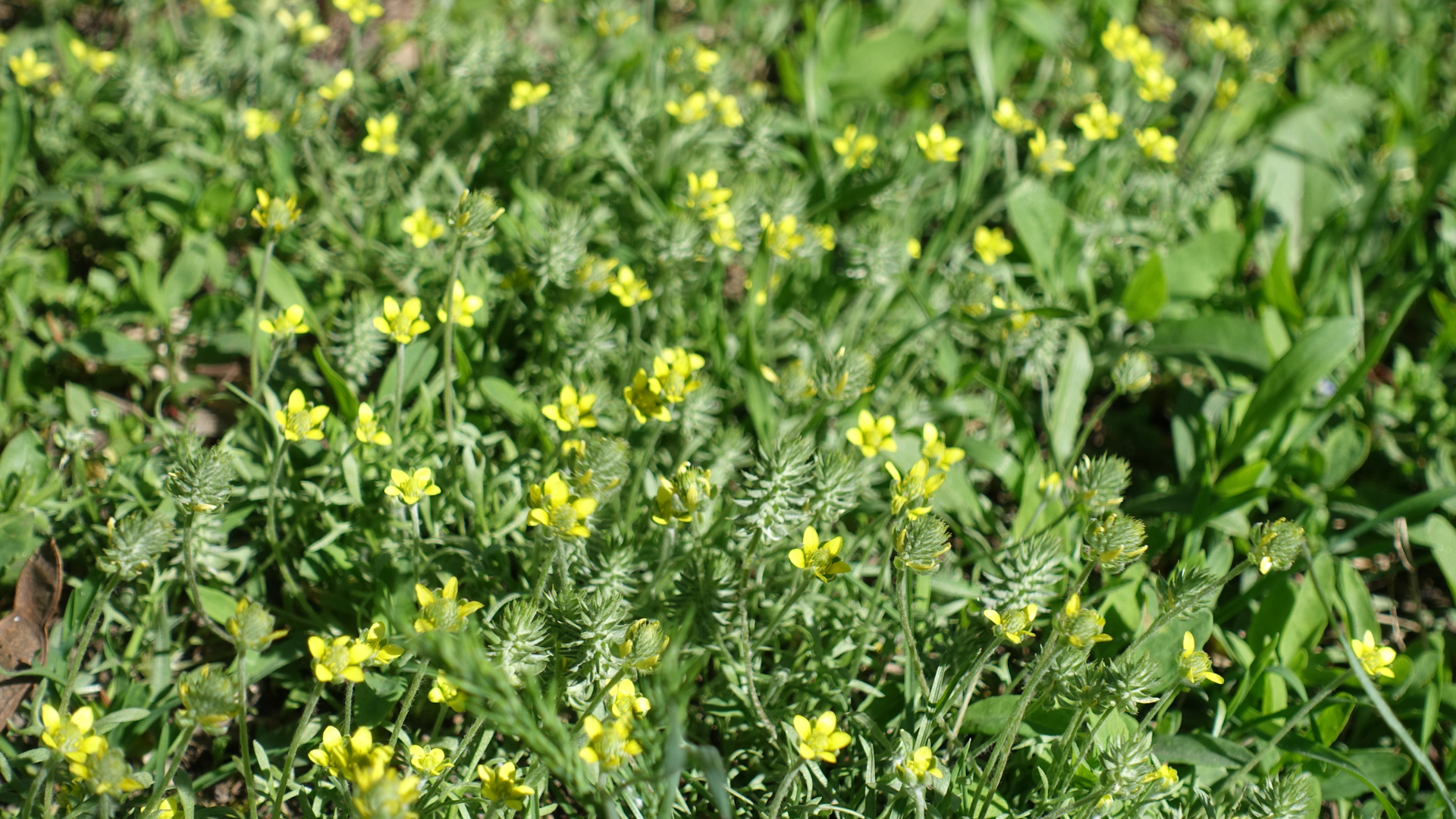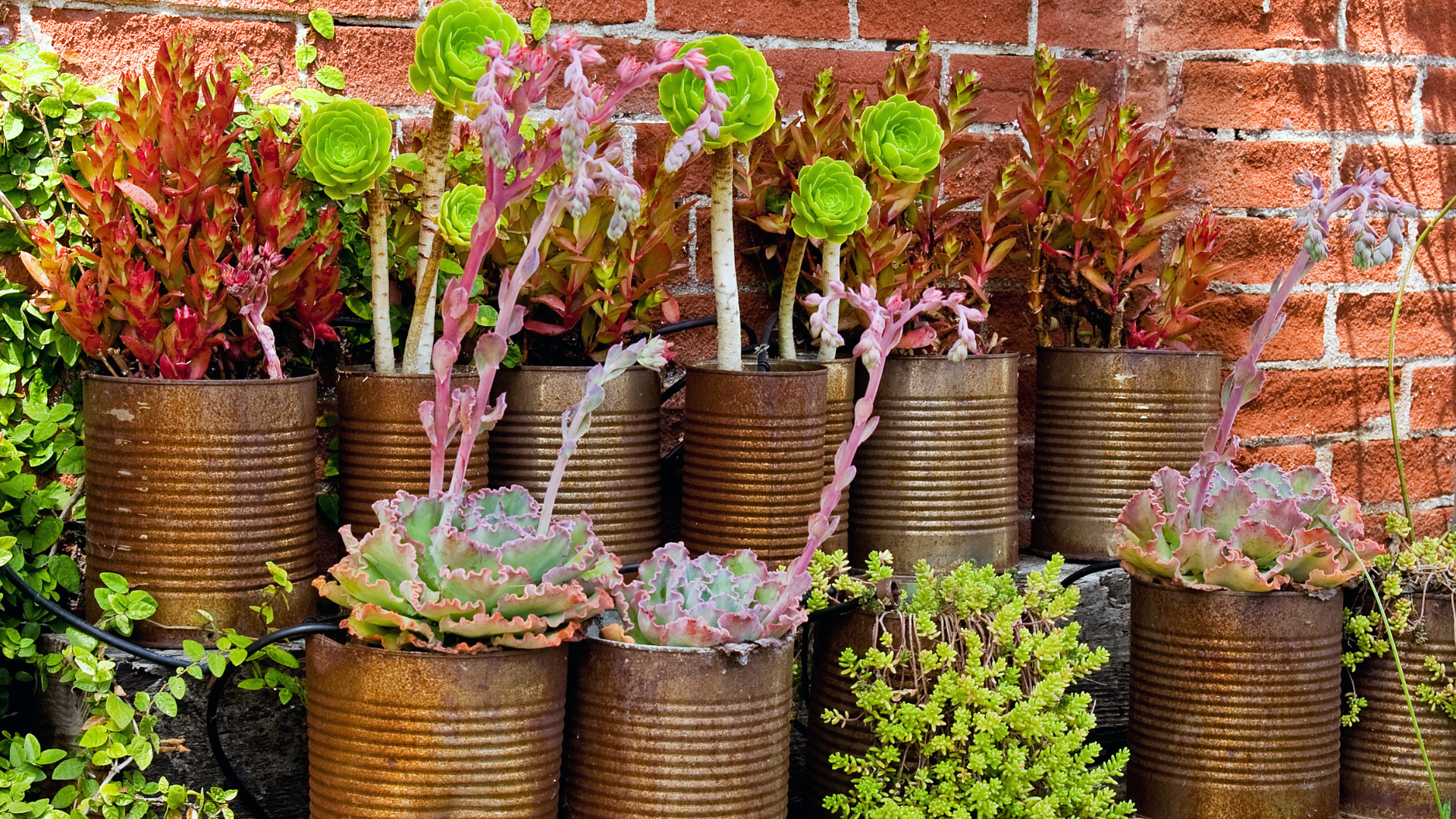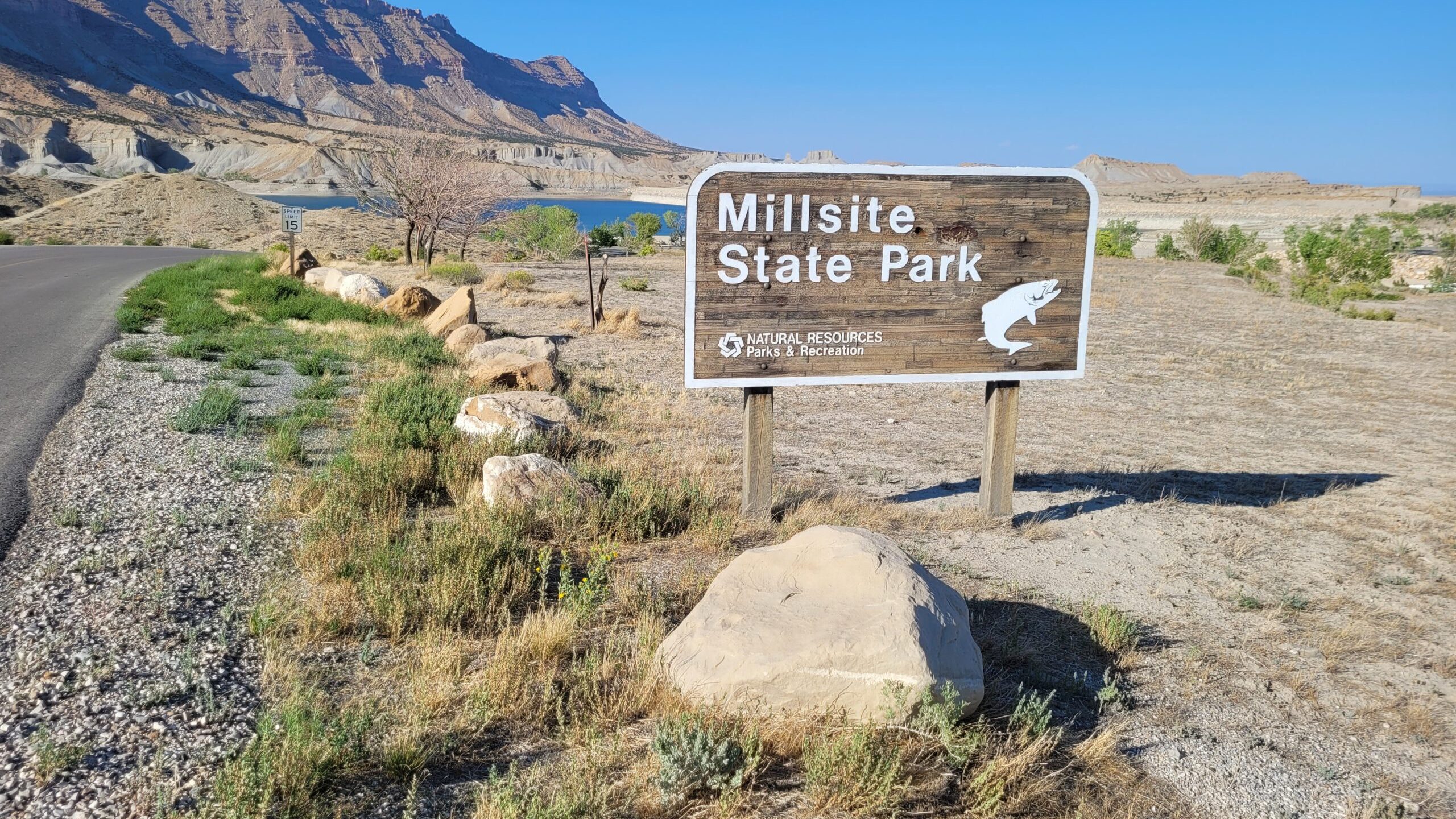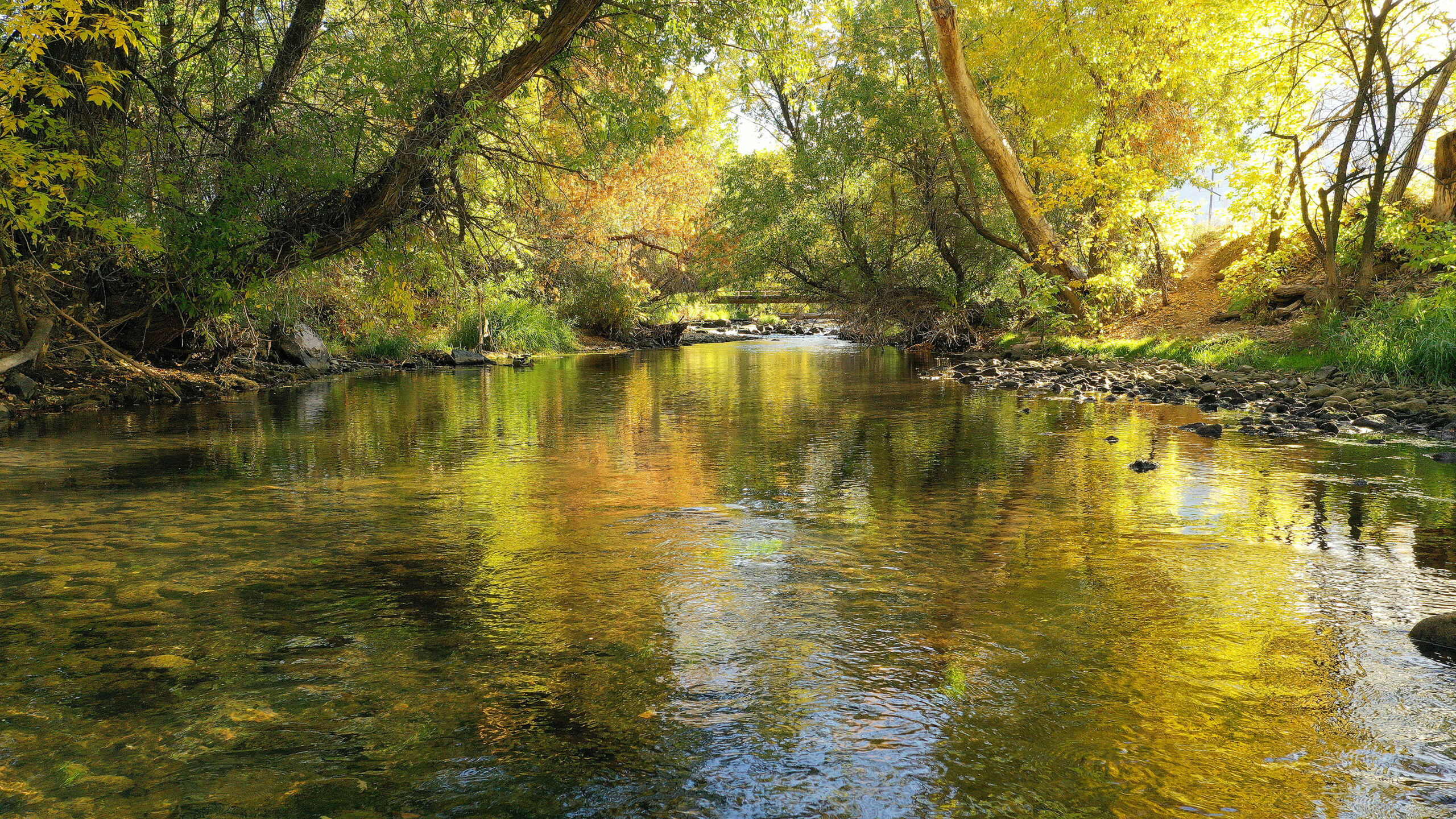DWR says it had over 14,000 boat inspections for invasive species during Pioneer Day weekend
Jul 25, 2023, 5:00 PM
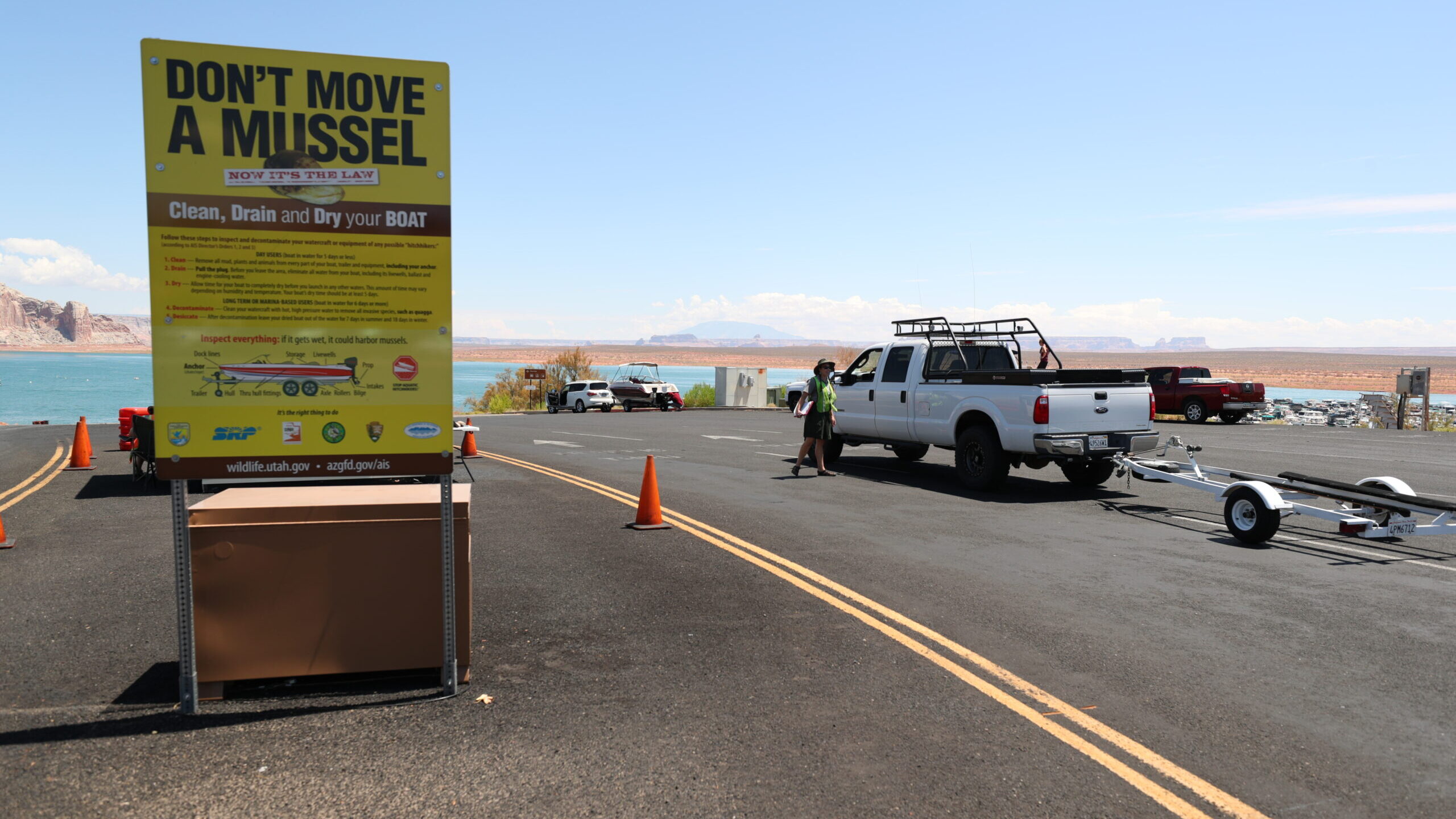
The Division of Wildlife Resources said it checked 14,885 and decontaminated 355 boats for quagga mussels over the holiday weekend.
SALT LAKE CITY – The Division of Wildlife Resources said it had 14,885 boat inspections for quagga mussels over the holiday weekend. The DWR said that it decontaminated 355 of the 14,885 boats inspected.
According to a press release from the division, the boat inspections were made in an effort to prevent the invasive species from entering water bodies in Utah.
Currently, the only lake in Utah that the mussels live in is Lake Powell. They also live in water bodies out of state, according to the DWR. Of the inspections completed this weekend, 2,295 were performed in the Lake Powell area. 75 decontaminations were made in the same area.
Last year, the division boat inspections occurred on 12,197 vessels during the holiday weekend, according to a press release. They decontaminated 252 boats during Pioneer Day weekend in 2022.
“We appreciate the effort and time boaters take to comply with laws to protect our waters in Utah,” said DWR Aquatic Invasive Species Lt. Bruce Johnson.
The DWR said that officers issued 25 citations and warnings for violations of laws established to prevent the spread of the species. The majority of the violations were due to boaters not stopping at an inspection station, or boaters failing to take mandatory mussel-aware boater program courses and not paying the associated fee.
Why the DWR regulates quagga mussels
Quagga mussels are an invasive species that lives in Lake Powell. The DWR said the mussels can plug water lines, and cause damage to boats. If the mussels enter a boat’s engine cooling system, they can foul the system and damage the engine, said the DWR.
The mussels remove plankton from the water, harming fish species that live in Utah.
When the mussels die in large numbers, they sink. The sharp shells can wash up on shore and cut people’s feet when they walk along the beach.
The state’s STD of the Sea website provides more information on the harmful mussels.
Related reading:

